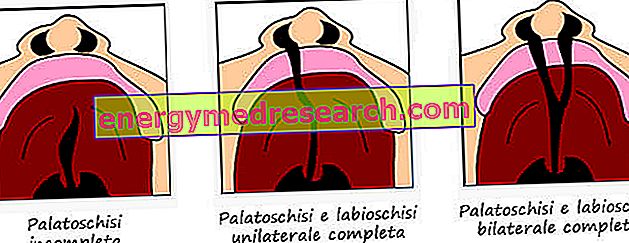Related articles: Astenospermia
Definition
Astenospermia is an anomaly characterized by reduced or absent sperm motility in the ejaculate; for this reason, in common language, this problem is also known as "lazy sperm" or "slow".
As can be easily understood, asthenospermia can be one of the causes of male infertility.
Astenospermia may depend on several factors that influence spermatogenesis, altering the sperm maturation processes in the testicle. These situations can be caused by inflammation (orchitis), varicocele, cryptorchidism, traumas and disorders of the endocrine system (hypothalamic-pituitary-gonadal abnormalities, adrenal pathologies and hypogonadism).
Astenospermia can be due to pathological processes that affect the structures through which the seminal fluid is conveyed to the outside (epididymis, vas deferens, etc.); these conditions include congenital malformations, urogenital infections (chlamydia and gonorrhea) and voluntary surgical interruption (vasectomy) or consequent to other local interventions.
In addition, for some cases of asthenospermia, a genetic component is suspected, although the genes involved in the onset of this condition have not yet been accurately identified.
Sperm mobility may also be affected by teratozoospermia (ie abnormalities in the form of male gametes) and by the presence of antibodies against spermatozoa (often a consequence of long-neglected or undiagnosed local infections).
Astenospermia can also result from the intake of antibiotics or cytotoxic drugs (cimetidine, anticancer chemotherapy, etc.) and local radiotherapy.
Other factors that affect sperm mobility are the abuse of alcohol, tobacco or drugs. Astenospermia may also depend on advanced age (sperm mobility tends to decrease from the age of 45), from exposure of the testicles to high temperatures (fever, sauna or sitting for long periods) and from the action of toxic substances of various kinds (eg chemical solvents, fertilizers, etc.).
The poor spermatozoa mobility can be detected by the spermiogram (seminal fluid analysis).

Possible Causes * of Astenospermia
- Chlamydia
- Gonorrhea
- Adrenal insufficiency
- Male hypogonadism
- Hypothyroidism
- Orchitis
- Testicular cancer
- varicocele



